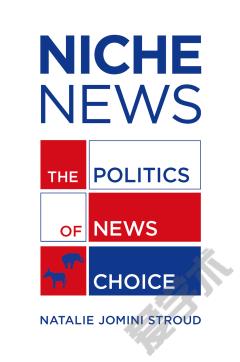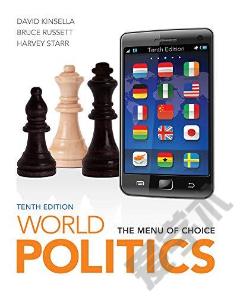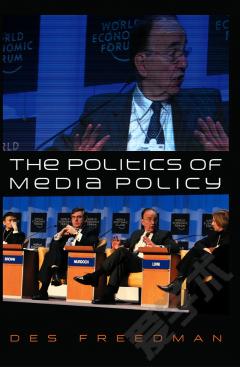Niche News —— The Politics of News Choice
----- 位置新闻:新闻选择政治
Fox News, MSNBC, The New York Times, The Wall Street Journal, The Rush Limbaugh Show, National Public Radio-a list of available political media sources could continue without any apparent end. Niche News investigates how people navigate these choices. It asks whether people are using media sources that express political views matching their own, a behavior known as partisan selective exposure. By looking at newspaper, cable news, news magazine, talk radio, and political website use, this book offers the most comprehensive look to-date at the extent to which partisanship influences our media selections. Using data from numerous surveys and experiments, the results provide broad evidence about the connection between partisanship and news choices. Niche News also examines who seeks out likeminded media and why they do it. Perceptions of partisan biases in the media vary-sources that seem quite biased to some don't seem so biased to others. These perceptual differences provide insight into why some people select politically likeminded media-a phenomenon that is democratically consequential. On one hand, citizens may become increasingly divided from using media that coheres with their political beliefs. In this way, partisan selective exposure may result in a more fragmented and polarized public. On the other hand, partisan selective exposure may encourage participation and understanding. Likeminded partisan information may inspire citizens to participate in politics and help them to organize their political thinking. But, ultimately, the partisan use of niche news has some troubling effects. It is vital that we think carefully about the implications both for the conduct of media research and, more broadly, for the progress of democracy.
{{comment.content}}








 京公网安备 11010802027623号
京公网安备 11010802027623号